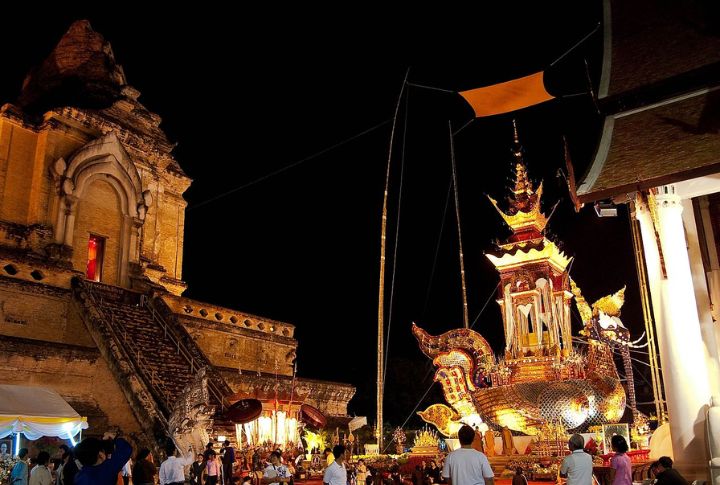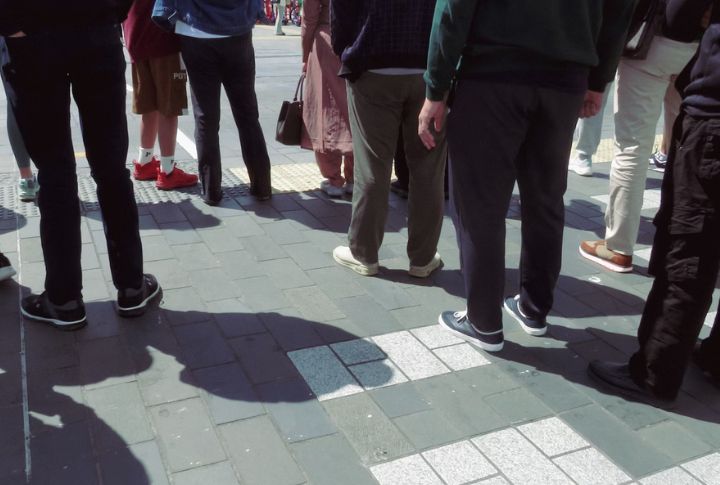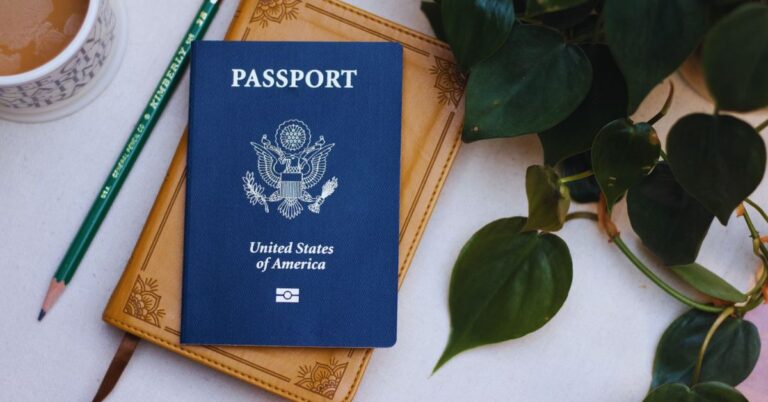15 Thai Customs Every First-Time Visitor Should Knows

Thailand’s rich culture offers first-time visitors a truly unique experience, making it feel like a world away. Beyond the well-known temples and lively markets, local customs often catch tourists by surprise. Familiarizing yourself with these important traditions before your trip can help you avoid awkward missteps and show respect for the culture. Here are some key customs to keep in mind.
Feet Are Seen As Dirty

Never point your feet at people or objects of reverence. The feet are viewed as the lowest and dirtiest part of the body. Sitting with your legs stretched toward someone or resting them on furniture is extremely rude. You’ll notice locals sitting in temples with their feet hidden underneath them.
Pointing With Fingers Is Considered Rude

Thai customs discourage finger-pointing, particularly when aimed at individuals or religious items. While it might be overlooked in casual spots like markets, using a subtle nod or an open-handed gesture is much more respectful. Thais often gesture with their entire hand, palm facing upward, as a sign of courtesy.
The Head Is Sacred

In Thailand, the head is considered the most sacred part of the body. Touching someone’s head, even playfully, is seen as highly disrespectful. This custom extends to children, despite their age. If you accidentally brush someone’s head, a quick and sincere apology is expected.
Showing Anger Is Frowned Upon

Maintaining a calm and smiling demeanor is important in Thai society. Losing your temper in public can cause a significant loss of face for everyone involved. Serious complaints are expected to be handled politely and with a smile. The concept of “jai yen” (cool heart) governs much of social interaction.
Royal Family Reverence Is Mandatory

Disrespecting the Thai royal family is not only rude but also a punishable offense. Criticism or casual jokes about royalty can lead to severe consequences, like prolonged jail terms. Money bearing the king’s image should also be treated carefully; stepping on it is offensive, though prosecutions are rare and context-dependent.
Monks Must Be Respected, Especially By Women

Monks hold a revered status in Thai society. For example, women must never touch a monk or hand something directly to him; instead, they should place items within his reach. On public transport, seats are often reserved for monks, and tourists are expected to vacate them when necessary.
The Wai Greeting Matters

Instead of a handshake, Thais greet each other with a gentle bow and palms pressed together. Called a “wai,” the higher the hands and deeper the bow, the more respect is shown. Tourists aren’t expected to initiate a wai with service workers, but it’s polite to return one when offered.
Dress Modestly At Temples

Visitors must wear appropriate clothing when entering temples. Shorts, sleeveless tops, and revealing outfits are considered disrespectful and may result in being turned away. Many temples offer rental sarongs at the entrance for improperly dressed tourists. Shoes must also be removed before stepping inside sacred areas.
Shoes Off Before Entering Homes

Always remove your footwear before entering a Thai home. Thais consider shoes dirty and inappropriate to bring indoors. You’ll often see a pile of footwear at the entrance as a clear signal. Wearing socks is perfectly fine and appreciated.
Public Displays Of Affection Are Taboo

Kissing, hugging, or holding hands is rare among Thai couples in public. While Western tourists aren’t typically scolded for mild displays, anything beyond a modest hand-hold draws uncomfortable stares. Public affection is considered inappropriate, especially near temples or in rural areas.
Don’t Raise Your Voice In Public

Speaking loudly, even in excitement, can be seen as aggressive or ill-mannered. In Thailand, volume is associated with a loss of self-control, something highly discouraged in public settings. Locals converse in soft tones in public places, and observing this helps tourists blend in.
Respecting Elders Is Deeply Ingrained

In Thai culture, age and seniority command deep respect. Younger people are expected to show deference to elders in conversations and greetings. For example, when giving a wai (traditional bow), the younger person initiates and bows lower. Also, public disagreement or confrontation with elders is considered extremely rude.
Saving Face Is A Social Priority

“Saving face”—maintaining dignity and avoiding embarrassment—is vital in Thai society. Openly criticizing someone or causing another person to feel ashamed is considered a major breach of etiquette. Conversations are often indirect and gentle, avoiding blunt refusals or negative confrontations.
Don’t Touch Religious Objects Casually

Sacred statues and shrines are not to be touched or leaned on for photos. Even small Buddha figures sold in markets deserve respectful handling. It’s illegal to export Buddha images without permission, and authorities strictly enforce this. Always observe how locals behave in religious spaces and follow their lead.
Avoid Stepping Over People Or Food

In Thai culture, stepping over someone or stepping over food on the ground is seen as highly disrespectful. It is better to walk around rather than over objects or people in crowded settings like markets or festivals. Accidentally doing so may prompt strong disapproval, especially from older generations.






